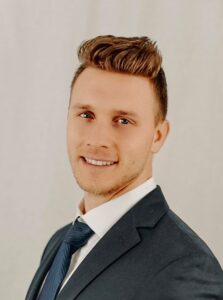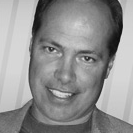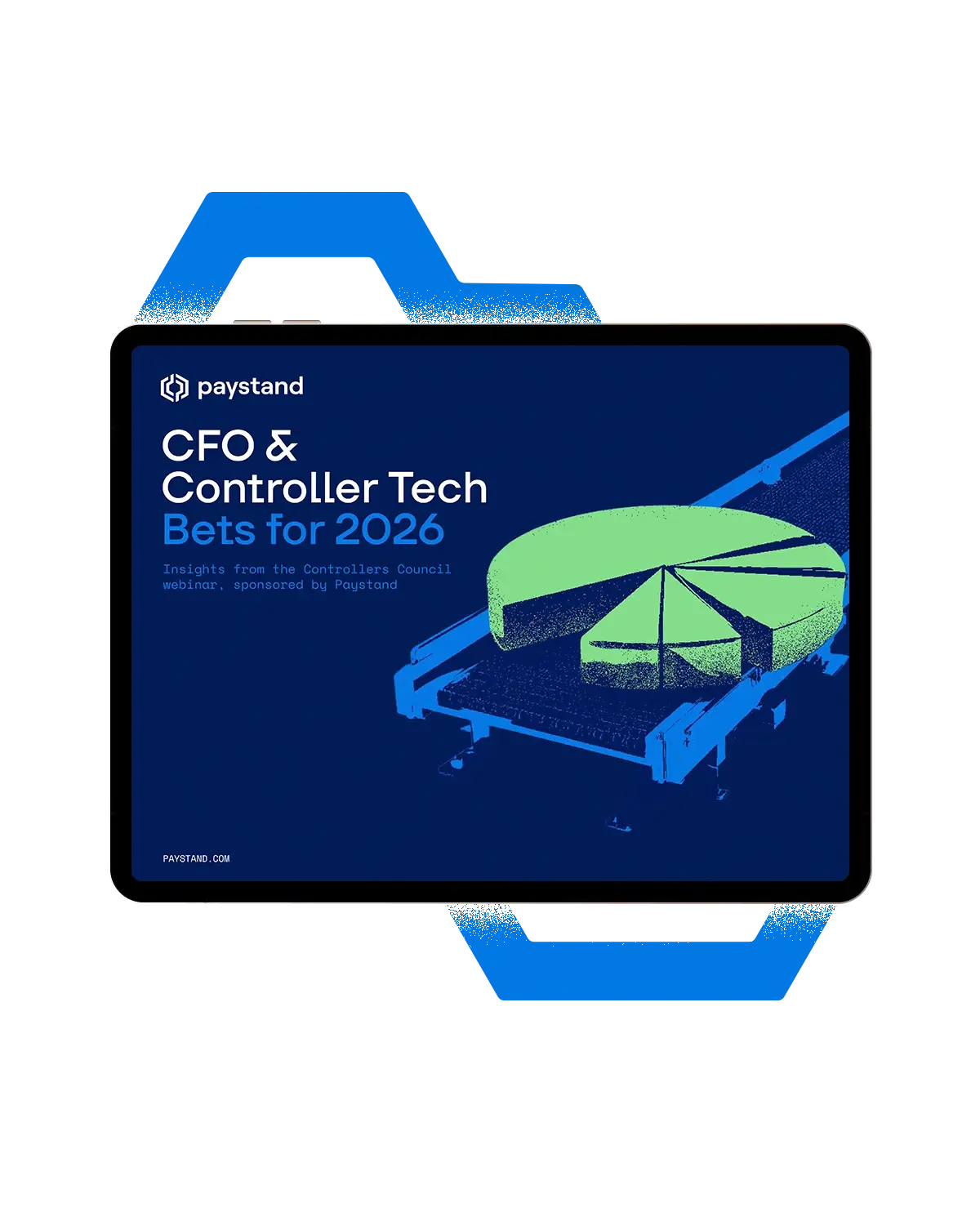Why “make for your market” makes sense for TENTE Castors USA
According to the World Economic Forum, the 2008 financial crisis, trade wars, disenfranchised middle classes in developed economies and rising concerns about over-reliance on trade with single partners has led to relatively stagnant globalization over the past fifteen years… or rather “slowbalisation”.
rising concerns about over-reliance on trade with single partners has led to relatively stagnant globalization over the past fifteen years… or rather “slowbalisation”.
Recent disruptions to global supply chains due to the COVID-19 pandemic, and other events such as the war in Ukraine, growing ideological differences, and the green transition have also prompted companies to look closer to home for more resilient growth models, they conclude.[1]
TENTE Castors, Inc., a Kentucky based manufacturer of rolling wheel products, and a subsidiary of a privately owned TENTE International based in Germany, is one such company that is bringing production home.
As Pierce Kohls, CFO of TENTE USA explains, onshoring is now the cornerstone of their growth strategy. “Our make for market strategy is a global initiative across the company, and among other things was designed to address the supply chain issues that covid brought to the forefront of many companies.”
“Due to the supply chain disruptions we all experienced over the last few years, there’s been a comeback in terms of “made in the USA” and that’s also played a major role in our ‘make for your market’ strategy.” Pierce Kohls, CFO TENTE USA.
For TENTE US, moving production closer to home made sense. In the past the company would purchase many of their components from the central hub in Germany. However, according to Kohls, buying components locally and shifting production to their Kentucky plant has many benefits. “As a company, we’re willing to take on this challenge to move production on-shore, he says, and for me, the potential benefits out-way the risks.” “Bringing on a local product, and greatly increasing our local production capabilities gives me immediate payback and more control over my costs. I don’t have to worry about the 12 to 16 week lead times from Germany. I don’t have to worry about the freight or duty from shipping across an ocean. I also have the added benefit of not carrying as much inventory, which means my customers don’t need to carry as much inventory.“
It’s a win-win all the way around in terms of operational structure, he adds.
TENTE US will begin production in two phases. Phase one will require a five-million dollar investment to expand their plant’s capabilities to produce an existing product within the same facility. “In order to do that, Kohls explains, we’ve got new molding machines coming and new robots, and our operations team is doing a great job in helping get the plant ready for the project.”
TENTE US will continue using some existing machinery and workflow processes that Germany already established, which according to Kohls, is making the process easier. “But we’re also making modifications that fit our market and improving upon some things that Germany wished they would’ve done initially,” he adds. TENTE US also plans on using some of their existing German suppliers as well.
“It’s going to be a mix of procurement strategies, says Kohls. “There will be some material we source domestically then some of it will be from our German global supply chain. That way we can still utilize the power of purchasing from a global perspective.”
The second phase, explains Kohls, will involve another five to ten million investment and is going to require a building expansion. “It’s going to require a lot more machinery, a lot more robots, and very specific talent,” he observes.
However, it’s the talent component of the project that might prove to be the greatest hurdle. “Today when you walk through our plant you feel like you’re at a tech company,” Kohls explains. “There’s lots of automation, lots of robots, lots of TV displays showing different data and metrics. It’s the skilled talent that will be need to run the plant that will make or break the project, he comments.
“When we talk about increasing local manufacturing, we’re not talking about adding low paying, low value-added jobs,” he says. “TENTE is doing the opposite. We’re creating higher quality, more value-add jobs like controls technicians, engineers, automation specialists, robotics specialists, and programmers. Because this type of talent is hard to find, we’ve been putting resources in place already to get ahead of what we’ll need in terms of labour. For example, we just hired a controls technician, a position we’ve been trying to fill for about six months.”
“I always refer to myself more as an operations CFO rather than a finance CFO and I love the challenges that comes with a project like this.” Pierce Kohls, CFO TENTE USA
As a self-proclaimed “operational CFO”, Kohls puts his head into the weeds of production. For example, where on the P&L, the cost of spare parts is negligible in the bigger scheme of things. But, when dealing with specialized machinery, missing spare parts can become very costly, very quickly. “As a finance person, you don’t really think of spare parts as being a material item. But when you’re heavily growing and one of the ways you’re heavily growing is through machinery, robots, automation, those spare parts can become critical, and you have to pay more attention to those details. You have to have a keen understanding of the production side of the business.”
TENTE US has calculated a payback of approximately four years for phase one of their ‘make for your market’ strategy. The biggest payback, Kohls explains, is not being able to make their product cheaper, it’s being able to get it to their customers more efficiently. “When the project is complete, says Kohls, we won’t need stocking agreements with our customers where we’re keeping thousands of castors in our warehouse. Now they’ll be able to just send in an order and it’s manufactured and shipped within a week or two.” Because of that, he adds, TENTE USA will have many more opportunities in their local market.
Relevant Resources:
Controller Spotlight: Ali Safaraz
Meet the Controller/CFO Interview Series
[1] https://www.weforum.org/agenda/2023/01/deglobalisation-what-you-need-to-know-wef23/

Neil Brown is Executive Director of the Controllers Council, author and a professional association manager. Neil is CEO of the Chief Executives Council, COO of the Operations Council, VP Partnerships for IT Executives Council, and Chief Marketing Officer of Modern Marketing Partners. Neil started his career as a Brand Manager, then promoted to CMO. Brown has provided marketing services to leading Fortune 500 and start-ups, along with board and volunteer roles with non-profits. Neil is a frequent speaker, author and contributor to Advertising Age, Marketing News, Adweek magazine and many others. He is author of two books including “Breakthrough Branding: Brand Naming Tips & Trade Secrets”, and “Tools of the Trade: Modern Marketing for Construction Brands”. Brown earned an MBA from Northern Illinois University, and a BS-Marketing Cum Laude from Southern Illinois University.




